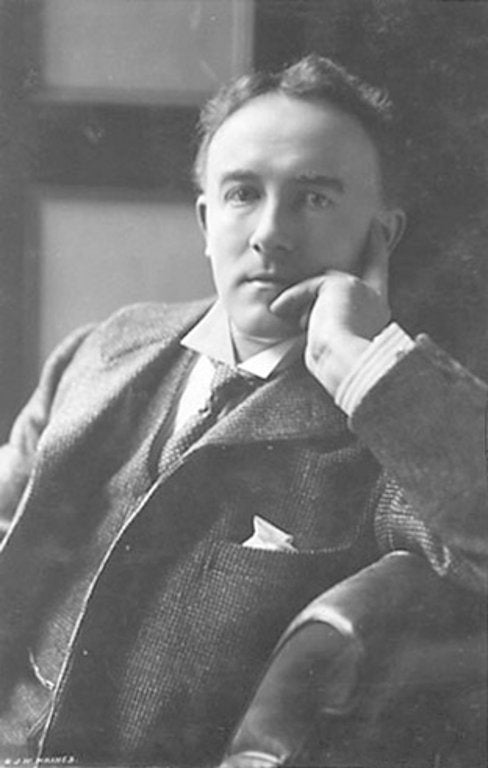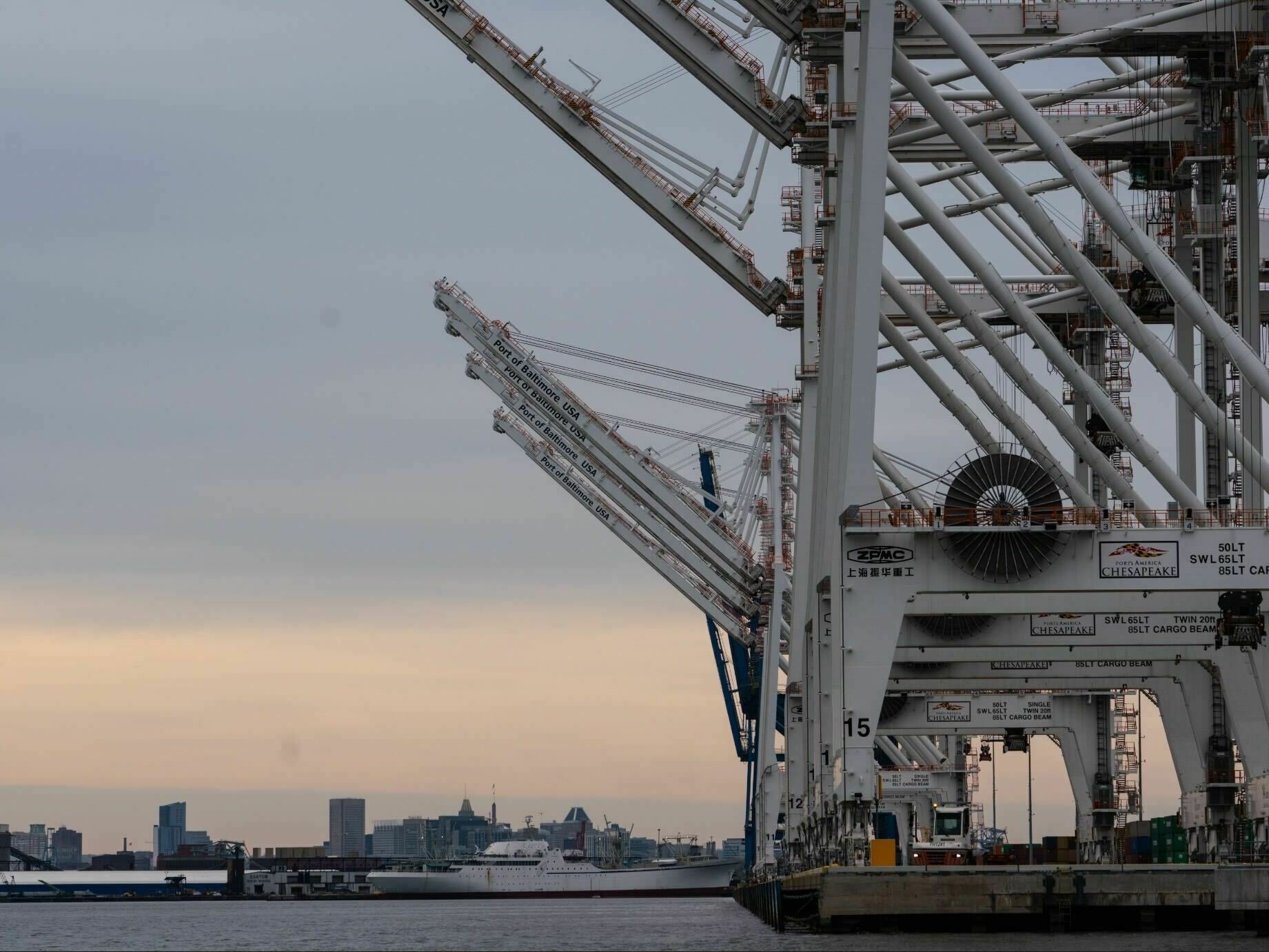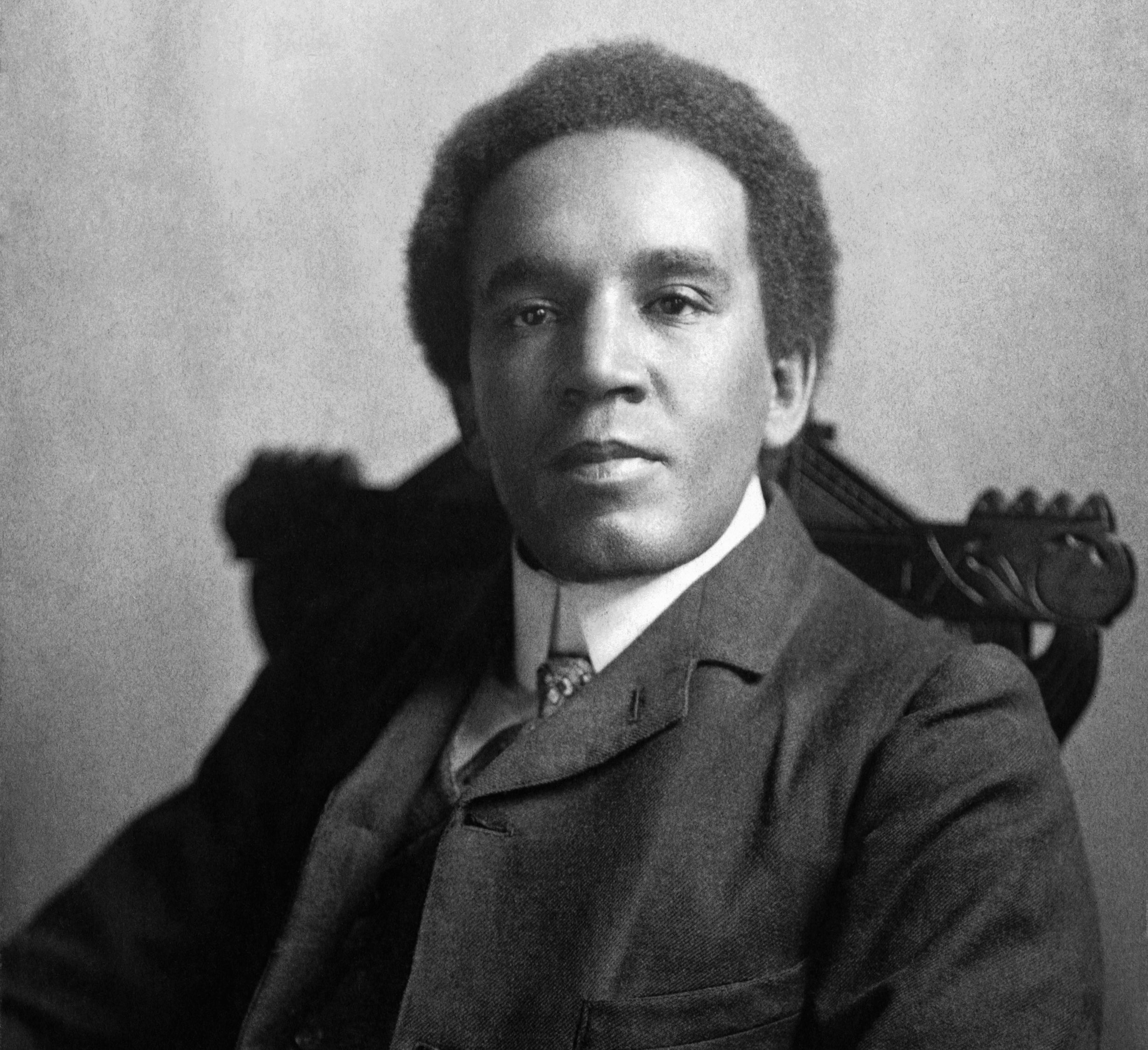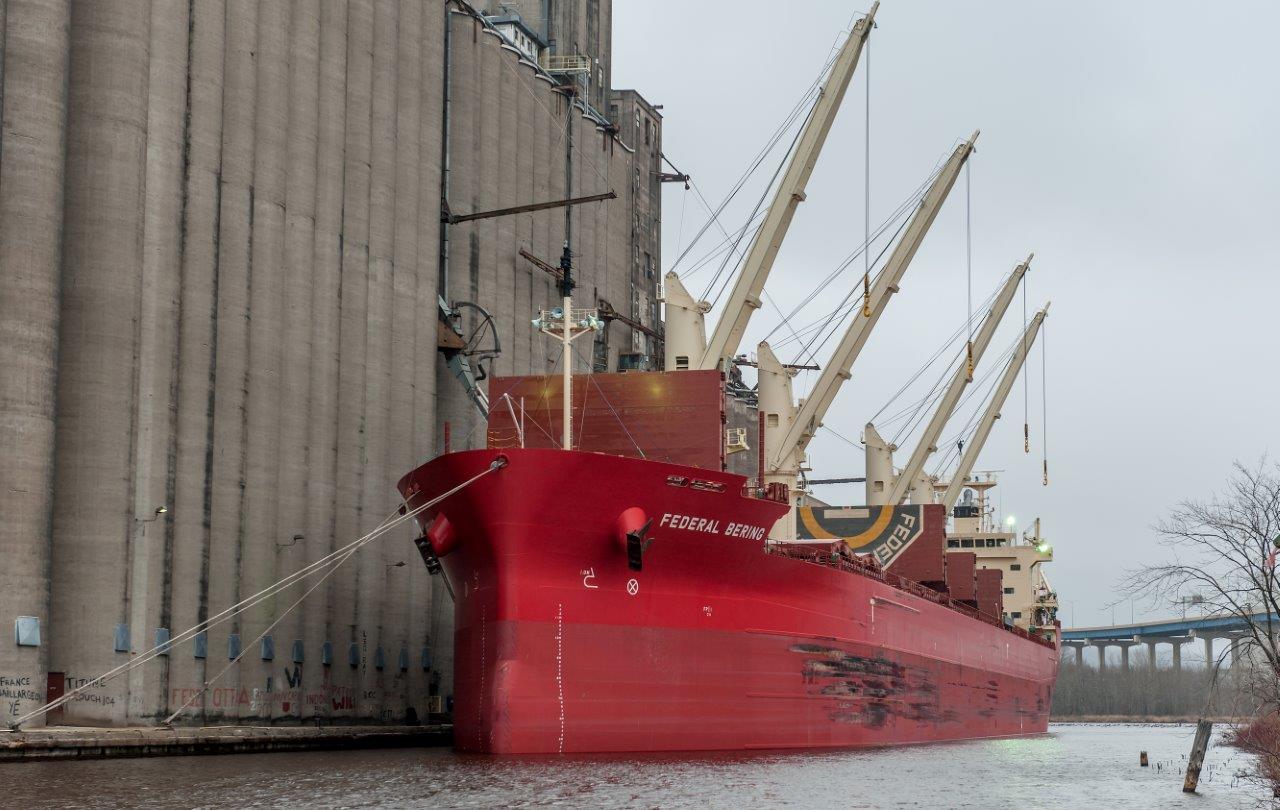In October 1907 composer Edward German was on his way from England to New York for the American debut of his comic opera Tom Jones. He was soon to get caught up in a dangerous competition that had little to do with music.
The composer sailed for America on a new turbine ship of the Cunard Line. Her owners were eager to surpass the record set by a rival vessel, the Deutschland. Within a day of its departure, the English ship ran into rough weather. The queasy composer ate lightly. The next day he woke up to find the ship rolling so much that the light fixture in his cabin was dangling at a strange angle. The main deck was closed because of waves washing over it.
But when the seas finally settled, German felt a sense of exhilaration. He later described a beautifully clear morning and huge, dark-blue, white-capped waves that came “like a tireless army and hurled themselves against the boat.”
Stay informed on the latest news
Sign up for WPR’s email newsletter.
Some Metropolitan Opera stars, sailing on another boat, the Kaiser Wilhelm, had an even rougher time of it in the autumn storms. Their ship also was trying to make the Atlantic transit in record time, and in the process the ship’s rudder had come off. They arrived in New York so banged up that they were unable to perform in the ship’s concert. Backers of the Kaiser Wilhelm published reports that the rival English boat was actually designed as a troopship built to land a British
Expeditionary force in Europe, and was being sailed by British Navy reservists.
When the English ship did break the record, getting a blue ribbon for speed, there was a concert to celebrate and German said, “Everybody seemed to feel that they personally had something to do with this record-breaking. I know I did.”
Although German’s transit was a success, the celebrating for the ship would be short-lived. Eight years later it would be one of the most notorious casualties of World War I — and Edward German would be glad indeed that he had not been aboard for that later voyage of the Lusitania.
Wisconsin Public Radio, © Copyright 2024, Board of Regents of the University of Wisconsin System and Wisconsin Educational Communications Board.





